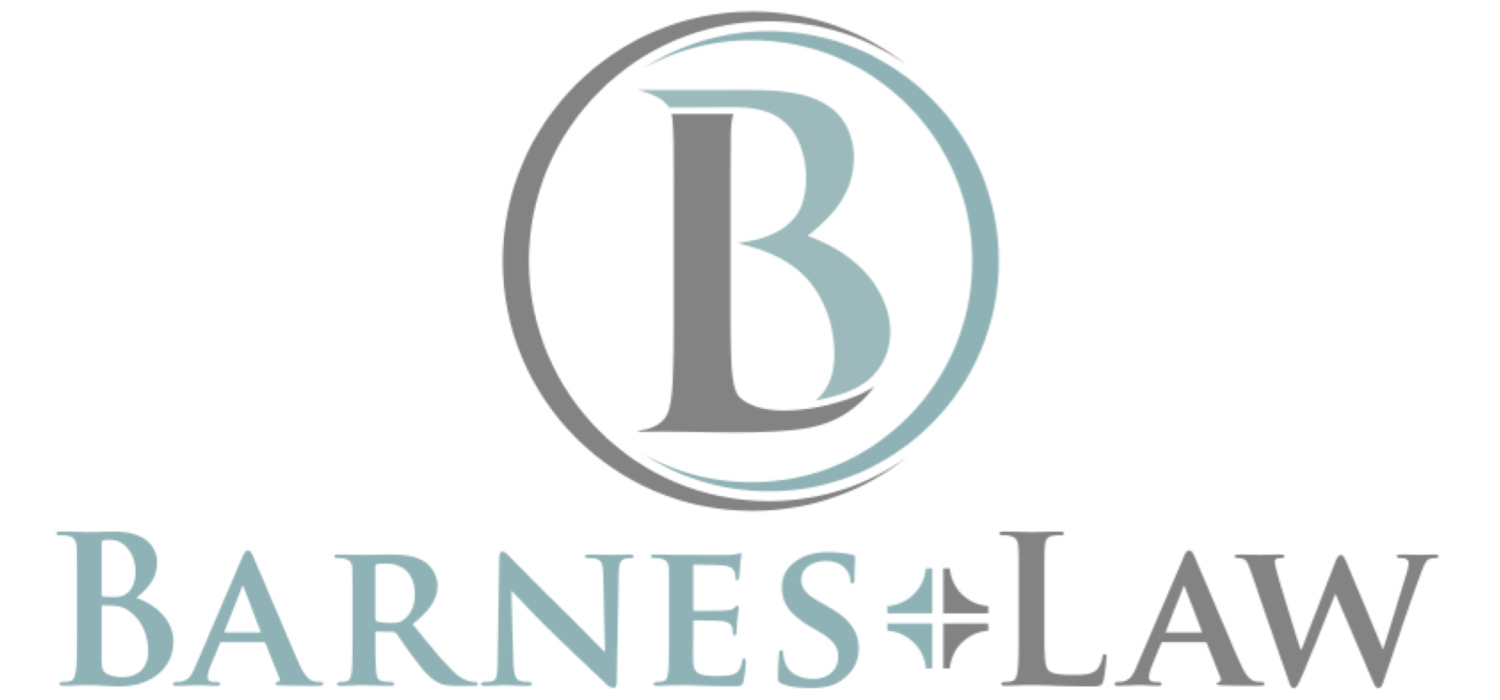The term “patent” generally means a right or privilege of protection granted to a person who invents new and useful processes, machines, or any new and useful improvement of a current invention. Examples of particular patents for inventions include biological patents, business method patents, chemical patents, and software patents. Patents are legal property rights applied to inventions (as opposed to works of art or literature), and they are governed and cataloged by the United States Patent and Trademark Office (Website). Typically, patent protection applies apply to such items as methods, processes, machines, software compilations, manufacturing designs, or even biological discoveries.
Patent holders have certain rights of exclusive use and protection of their patented item. These rights allow patent holders exclusively to license, use, sell, market, and advance their product into the market. If another player encroaches on their patent right during the patent term, the patent holder has the right to sue for infringement. Such suits may result in various types of damages, including, without limitation, treble damages and attorneys’ fees levied against the infringing party.
Patents are protectable by inventors, however, only for a certain time before they expire. Approved patents can protect the owner generally for 20 years after the date on which the patent application is filed, but some patents provide shorter term protection. Patent protection is very important for businesses that center around unique and valuable products and/or ideas.
